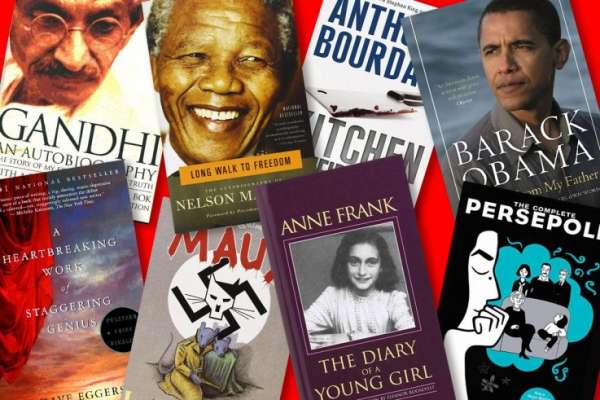
Chess philosophy
Chess Philosophy: 5 Life Lessons from the Game of Kings
Chess isn’t just a board game—it’s a way of thinking. Every move requires patience, strategy, and purpose. But what’s more interesting is that the lessons we learn in chess can be used in real life too. Whether you’re working toward a goal, facing a challenge, or planning your future, these five lessons from chess can help guide your way.
1. Sacrifice: Short-Term Loss, Long-Term Gain
In chess, players sometimes sacrifice a valuable piece to gain a better position later in the game. At first, it looks like a loss—but in the long run, it opens up powerful opportunities. Life works the same way. You might:
.Give up free time to study or build new skills.
.Step out of your comfort zone to try something new.
.Work hard now to enjoy success later.
Without sacrifice, we stay in the same place. But when we give up something small today for something greater tomorrow, we grow.
2. Patience: The Key to Strategic Moves
A rushed move in chess often leads to mistakes. Smart players take their time, plan ahead, and wait for the right moment to act. In life:
.Impulsive decisions can lead to regret.
.Success takes time and effort.
.Thinking before acting leads to better results.
Patience isn’t about doing nothing—it’s about doing things with purpose. Just like in chess, a patient approach often leads to victory.
3. Uncertainty: Adapt and Keep Moving
Even the best chess players face surprises. The opponent might make an unexpected move that changes everything. When that happens, the key is to stay calm and adjust your strategy. In real life:
.Plans don’t always work out.
.Challenges appear without warning.
.The ability to adapt makes all the difference.
When we stay flexible and don’t panic, we make better decisions—even in tough situations. Life, like chess, is full of uncertainty. Those who adapt win.
4. Review: Learn and Grow Every Day
After a chess match, great players go back and study their moves. They learn from their mistakes and think about what they could do better next time. You can do the same in life:
.Reflect on your day—what went well? What didn’t?
.Learn from mistakes instead of repeating them.
.Use those lessons to keep improving.
Growth comes from reflection. If we want to get better, we have to be willing to look back and learn.
5. Strong Openings: Start with Confidence and Direction
In chess, the first few moves set the tone for the whole game. A strong opening creates a powerful position later on. In life:
.How you start a new project, job, or school year matters.
.Starting with clear goals and confidence helps you stay focused.
.A good beginning often leads to a strong finish.
As the saying goes, “Well begun is half done.” Starting strong puts you on the path to success.
Think Like a Chess Player
These five lessons—sacrifice, patience, uncertainty, review, and strong openings—are not just part of chess. They’re part of life.
The more we apply these ideas to everyday decisions, the more confident and strategic we become. Chess teaches us to think before we act, to adjust when needed, and to keep learning from every step we take.
So next time you’re facing a choice or a challenge, ask yourself:
Are you just making a move—or are you making the right move?















